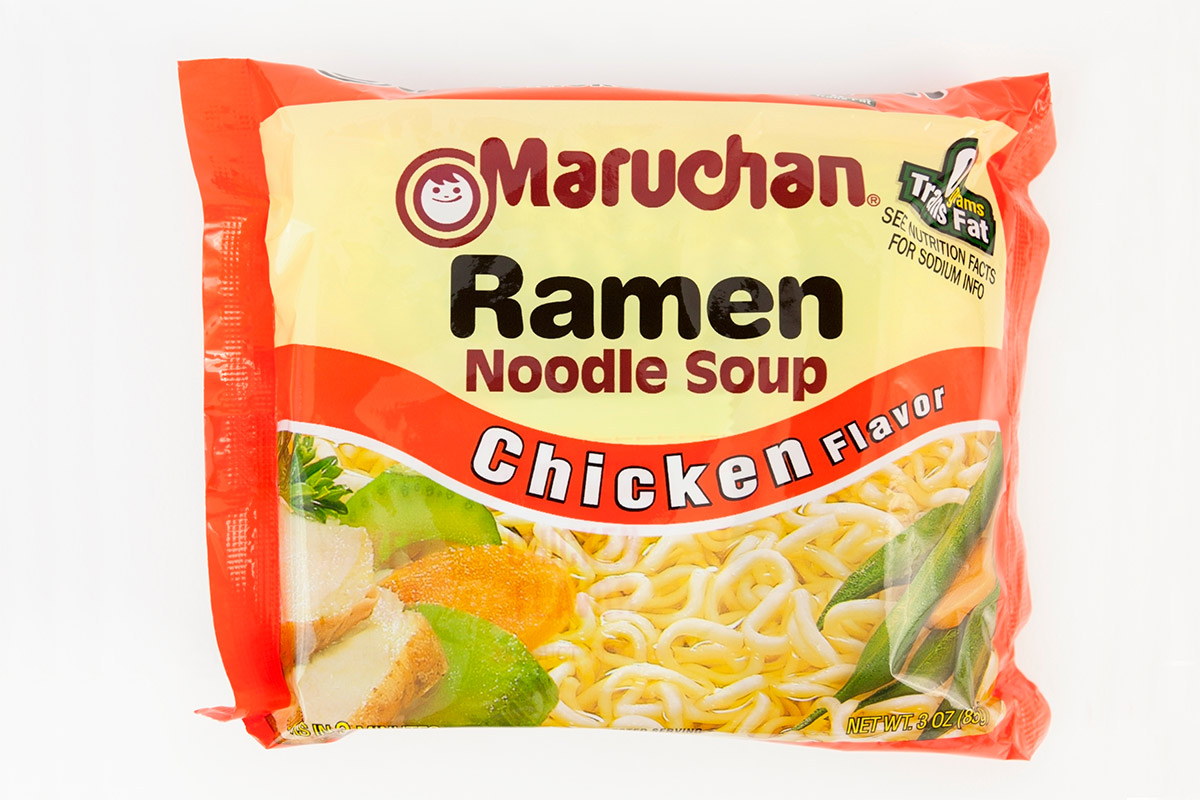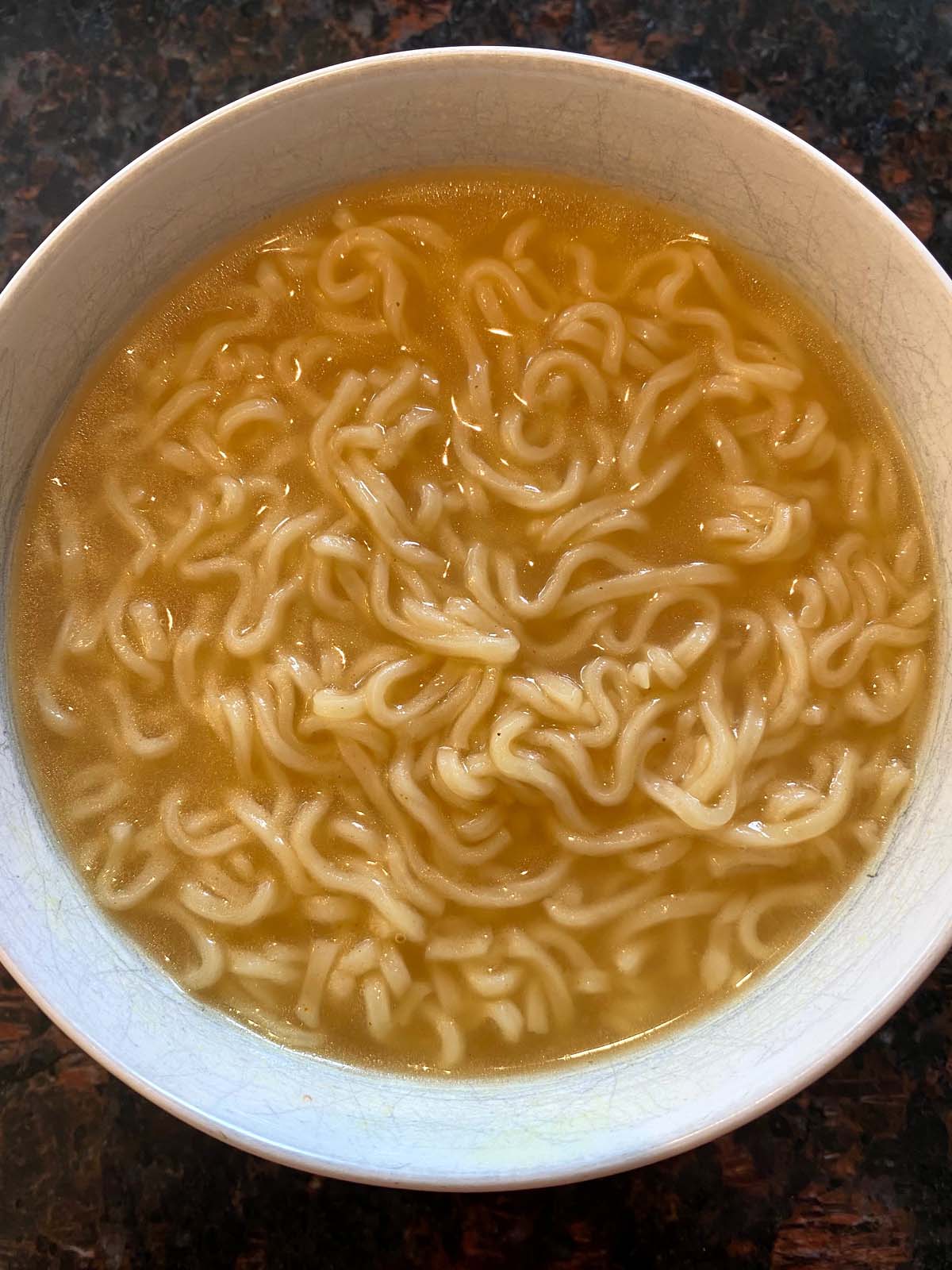In 2024, the global recall on noodles has sent shockwaves through the food industry, affecting millions of consumers worldwide. This unprecedented event highlights the critical importance of food safety and quality assurance in the production process. As one of the most consumed food items globally, noodles have become a staple in households, making this recall particularly concerning for public health and consumer confidence.
The recall on noodles in 2024 is not just a temporary issue but a wake-up call for manufacturers, regulators, and consumers alike. It underscores the need for stricter regulations, improved quality control measures, and greater transparency in food production. As we delve deeper into this topic, we will explore the reasons behind the recall, its impact on the industry, and the steps being taken to prevent future occurrences.
This article aims to provide comprehensive insights into the 2024 noodle recall, ensuring that readers are well-informed about the situation and equipped with the knowledge to make safer food choices. By understanding the causes and consequences of this recall, we can collectively work towards a safer food supply chain.
Read also:Is Dr Phil Divorced Unveiling The Truth About His Marriage
Table of Contents
- Introduction to the 2024 Noodle Recall
- Causes of the Noodle Recall
- Affected Brands and Products
- Impact on Consumers and the Industry
- Regulatory Response to the Recall
- Steps to Prevent Future Recalls
- Advice for Consumers
- Economic Effects of the Recall
- Global Perspective on Food Safety
- Conclusion
Introduction to the 2024 Noodle Recall
What Happened in 2024?
In early 2024, multiple batches of noodles were found to contain harmful contaminants, prompting a widespread recall across several countries. The issue was first identified in a routine inspection conducted by food safety authorities, which detected the presence of chemicals that could pose serious health risks to consumers. This discovery led to a cascade of actions by manufacturers and regulatory bodies to address the problem promptly.
The recall on noodles 2024 has raised significant concerns about food safety standards and the effectiveness of current quality control measures. It has also sparked debates about the responsibility of food producers in ensuring the safety of their products and the role of consumers in making informed choices.
Causes of the Noodle Recall
Contaminants and Their Sources
The primary cause of the 2024 noodle recall was the presence of unauthorized chemical additives in the production process. These additives were used to enhance the texture and shelf life of the noodles but were later found to be harmful to human health. The contamination could have occurred at various stages, from raw material sourcing to manufacturing and packaging.
Some of the key factors contributing to the contamination include:
- Use of low-quality raw materials
- Improper storage conditions
- Insufficient quality checks during production
- Non-compliance with food safety regulations
Affected Brands and Products
List of Brands Involved
Several well-known noodle brands were affected by the 2024 recall, including popular household names. While the full extent of the recall is still being assessed, the following brands have confirmed their involvement:
- Brand A: Known for its instant noodles
- Brand B: Specializing in organic noodle products
- Brand C: A global leader in noodle production
Consumers are advised to check product labels for recall notices and avoid purchasing or consuming affected batches.
Read also:Brooke Tili A Rising Star In The Entertainment World
Impact on Consumers and the Industry
Health Risks Associated with Contaminated Noodles
The consumption of contaminated noodles can lead to various health issues, ranging from mild allergic reactions to severe gastrointestinal problems. Long-term exposure to the harmful chemicals found in these products may also increase the risk of chronic diseases. As a result, consumers are urged to remain vigilant and seek medical advice if they experience any adverse effects after consuming recalled products.
For the food industry, the recall has resulted in significant financial losses, damage to brand reputation, and increased scrutiny from regulatory bodies. Companies are now under pressure to implement more robust quality assurance systems to regain consumer trust.
Regulatory Response to the Recall
Actions Taken by Food Safety Authorities
In response to the 2024 noodle recall, food safety authorities worldwide have taken swift action to mitigate the impact on public health. This includes:
- Issuing alerts and advisories to consumers
- Conducting thorough investigations into affected products
- Implementing stricter regulations for food manufacturers
- Enhancing monitoring and inspection processes
These measures aim to ensure that similar incidents are prevented in the future and that consumers are protected from potential health risks.
Steps to Prevent Future Recalls
Improving Quality Control Measures
To prevent future noodle recalls, manufacturers must adopt comprehensive quality control measures that cover every stage of the production process. This includes:
- Source verification of raw materials
- Regular testing of products for contaminants
- Training employees on food safety protocols
- Investing in advanced technology for quality assurance
By prioritizing food safety, companies can reduce the likelihood of contamination and build greater trust with their consumers.
Advice for Consumers
How Consumers Can Stay Safe
Consumers play a crucial role in ensuring their own safety when it comes to food consumption. To avoid purchasing or consuming recalled products, consumers should:
- Stay informed about recall notices through official channels
- Check product labels for batch numbers and expiration dates
- Report any suspicious products to food safety authorities
- Practice safe food handling and storage practices
By taking these precautions, consumers can protect themselves and their families from potential health risks associated with contaminated food products.
Economic Effects of the Recall
Financial Implications for the Industry
The 2024 noodle recall has had a profound impact on the global food industry, with estimated losses running into billions of dollars. Manufacturers have incurred costs related to product recalls, legal liabilities, and brand rehabilitation efforts. Additionally, retailers have faced reduced sales and damaged reputations due to the association with affected products.
From an economic perspective, the recall highlights the importance of investing in food safety infrastructure and compliance with international standards. By doing so, companies can minimize the risk of future recalls and safeguard their financial stability.
Global Perspective on Food Safety
International Efforts to Enhance Food Safety
The 2024 noodle recall has drawn attention to the need for global cooperation in addressing food safety challenges. International organizations such as the World Health Organization (WHO) and the Food and Agriculture Organization (FAO) are working closely with national governments and industry stakeholders to develop standardized guidelines and best practices for food production.
Key initiatives include:
- Harmonization of food safety regulations across borders
- Enhanced collaboration between regulatory bodies
- Development of advanced technologies for food testing
- Promotion of consumer education and awareness programs
Through these efforts, the global community aims to create a safer and more sustainable food supply chain for future generations.
Conclusion
The 2024 noodle recall serves as a critical reminder of the importance of food safety in our daily lives. By understanding the causes and consequences of this event, we can work together to prevent similar incidents in the future. Manufacturers must prioritize quality control, regulators must enforce stricter standards, and consumers must remain vigilant in making informed choices.
We invite you to share your thoughts and experiences regarding the 2024 noodle recall in the comments section below. Additionally, feel free to explore other articles on our website for more insights into food safety and related topics. Together, we can build a safer and healthier world for everyone.


